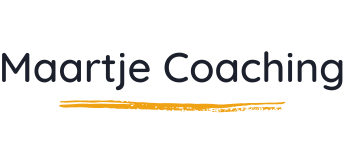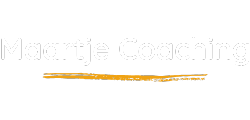Veel gestelde vragen
Wanneer je het gevoel hebt dat je meer kan dan je nu laat zien is coaching een optie voor je. De eerste stap is vaak spannend, na de kennismaking valt dat bijna altijd weg. Daarna heb je opbouwende en verhelderende gesprekken met iemand die goed kan luisteren en meeleeft. Het eerste verkennende gesprek is gratis, dat geeft je vanzelf het gevoel of dit soort coach gesprekken je verder helpt of niet.
My form of coaching focuses on you as a person, so not just your goals or problems. Important here is that we as coach and coachee work together equally aimed at achieving your goals. The first focus is to recognise your values, strengths and obstacles. We then use these as the basis for a plan towards the results you want. This form of coaching, called Co-Active coaching, is often used in personal and professional development, but also in leadership and team-building contexts.
Actually, coaching helps you become more yourself. You get to know yourself better and are supported in becoming more powerful. You get a better sense of what is good for you and what is not and act accordingly. I regularly hear that those around you notice that you come across as more energetic, or that you no longer say yes to everything.
No. The focus of coaching is not on the past, but rather on the future. We focus on clarifying how you can deal with situations, feelings or challenges differently from now on. If you would like to know what caused your coaching question in the past, therapy or a psychologist would suit your needs better than coaching.
In principle, no. You know best what suits you and what doesn't. My advice always has some ‘pollution’ in it from how I look at your coaching question. Sometimes I do give suggestions, if you get a bit stuck yourself. If you are looking for advice, for example in specific work, a mentor who really knows the field is a better fit.


